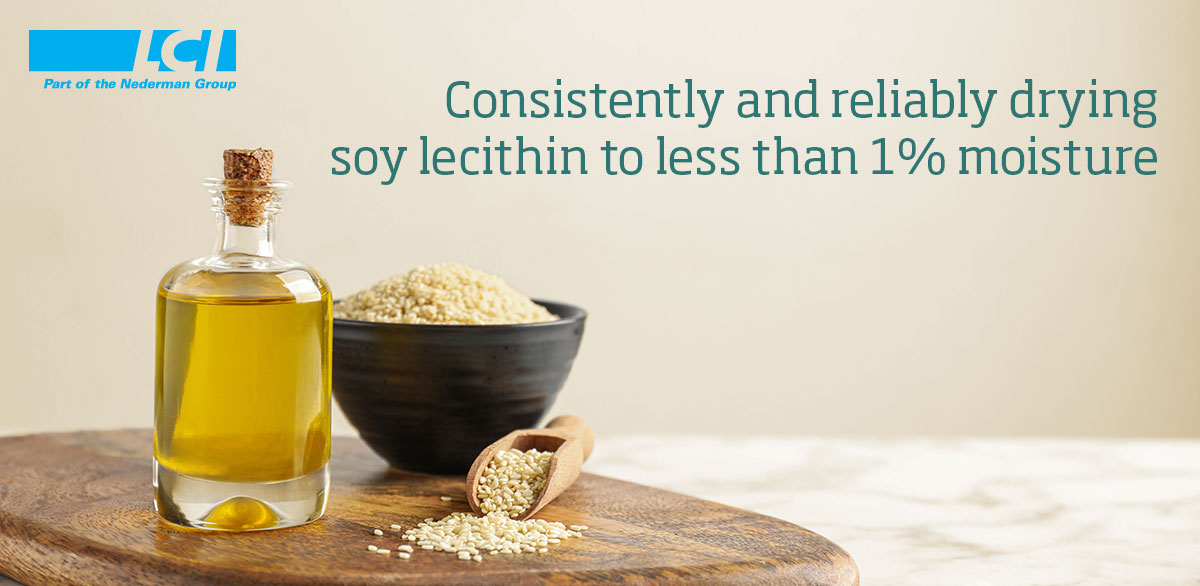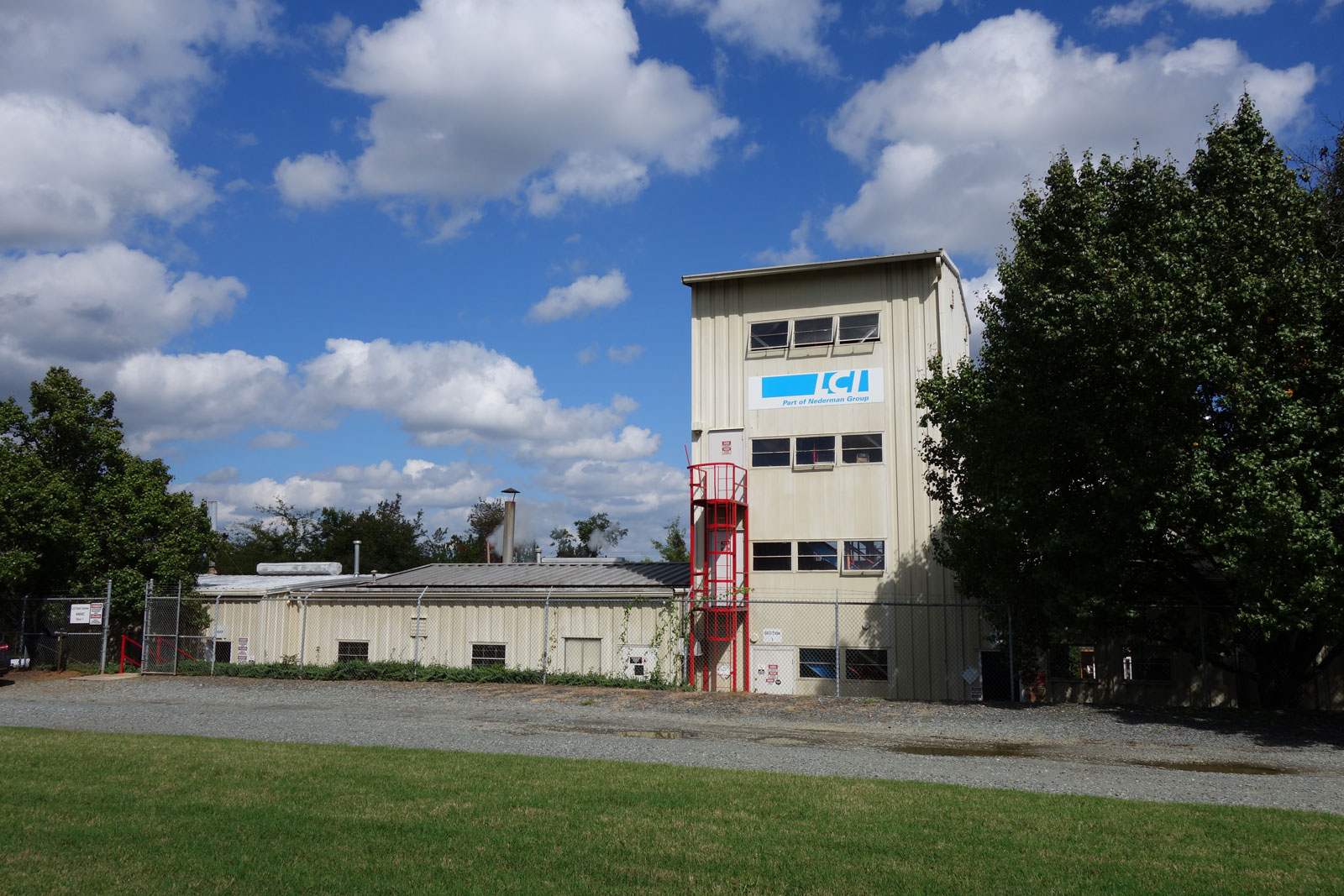

How thin film evaporation technology gives you an advantage in lecithin production
As the world population grows, there is an increased need for dried soy lecithin to support the food industries that serve the world's population. TFEs effectively dry the lecithin to < 1 wt% moisture, and keeps color properties, while adeptly overcoming viscosity increases created by the drying process.
A Thin Film Evaporator (TFE) is advantageous particularly when dealing with temperature-sensitive materials in the oilseed industry. As the world population grows, there is an increased need for dried soy lecithin to support the food industries that serve the world's population. TFEs effectively dry the lecithin to < 1 wt% moisture, and keeps color properties, while adeptly overcoming viscosity increases created by the drying process.

Process more efficiently with better heat transfer:
TFEs provide a large surface area for heat transfer and the high-speed rotor induces turbulence creating ideal heat and mass transfer conditions. The wet lecithin is spread into a thin film, usually only a few millimeters thick, over the heated surface allowing high evaporation rates without burning the lecithin.
Minimize thermal degradation for a higher quality product:
Since the wet lecithin is spread into a thin film, this allows for a very low lecithin volume within the evaporator at any given time. The low product volume keeps residence times short (typically < 30 seconds), and provides a sanitary, easy to clean process area. This reduces the risk of thermal degradation and ensures the quality of the heat sensitive components in the lecithin.
TFEs operate under vacuum conditions which allow the evaporation to occur at lower temperatures further protecting the lecithin from heat damage with minimal color change.

From pilot to production scale:
TFEs can be designed for different scales of production and offer precise control over temperature and pressure conditions. This allows for consistent and repeatable results in the manufacturing process.
They can be used for many other applications in the fats and oils industries, such as biomass drying, surfactant devolatization, and solvent recovery. It is an excellent tool for any difficult evaporation processes, and is proven, scalable, and easy to maintain solution with many potential applications in an oilseed plant.
LCI’s Testing Center:
Need to test your concept? The LCI Test Center is fully staffed and equipped with laboratory and pilot scale equipment. Our engineers can arrange laboratory and pilot-scale tests to evaluate customer products and develop processes.
LCI’s Test Center and Process Engineering Teams have years of highly specialized process experience. Our team members can provide guidance and support during the testing and process development stage to deliver an effective process solution.
Using a thin film evaporator in lecithin production helps achieve high evaporation rates while maintaining the quality of the lecithin. Paired with its ability to handle viscous materials and operate under controlled conditions makes it a suitable choice for lecithin drying.
Contact us today to see how we can help you improve your lecithin process.
